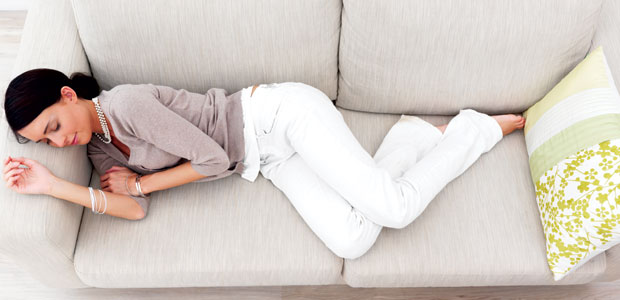Advertisement
Have a Good Day’s Sleep
What shift workers need to know

Are we meant to do shift work? Does our natural body rhythm acclimate to the changing work and sleep patterns that shift work demands? The human brain has evolved to function differently during the day as opposed to the night.
The stress of shift work is further compounded when we ask our brains to do something very unnatural: sleep in daylight conditions rather than in the dark of night.
It’s Night or Day
For example, in daylight the essential amino acid tryptophan undergoes two quick metabolic changes and becomes serotonin (sometimes known as the feel-good hormone). As a result, consuming foods rich in tryptophan–nearly all foods that contain protein–along with a carbohydrate can produce a sense of calm and reduce stress during the day.
In the dark, however, the metabolism of tryptophan is different; it becomes melatonin and induces a calm, natural sleep. Tryptophan does more than just this; as an antioxidant, after it is converted into natural melatonin in dark conditions, it may also act as a suppressor of tumour growth.
Night Shift Health Risks
A large-scale study of over 78,000 nurses over several years demonstrates that shift workers who work at night and sleep during the day have a higher incidence of cancer. A few night shifts per month over a period of 10 years appears to raise the risk of breast cancer by approximately 8 percent, whereas regular nightshifts over 30 years raised the risk by about 36 percent.
Some have suggested that melatonin may hold the key; however, there is no direct evidence demonstrating that synthetic melatonin suppresses tumour growth, although the importance of dark is well described.
A Dark Room to Sleep In
Fortunately, many health practitioners and health food store staff are well aware of the risks of shift work and will be able to offer helpful advice to assist you in modifying your lifestyle in order to improve your health. A simple rule of thumb is to sleep in an environment that mimics the conditions that existed before the advent of the electric light.
Try the “light test” tonight when you go to bed. After turning out your lights, take a minute or two to let your eyes adjust to the dark and then hold your hand in front of your face: If you can see your hand, your bedroom is too light. Reduce the ambient light in your bedroom; it will help your sleep and improve your health.




